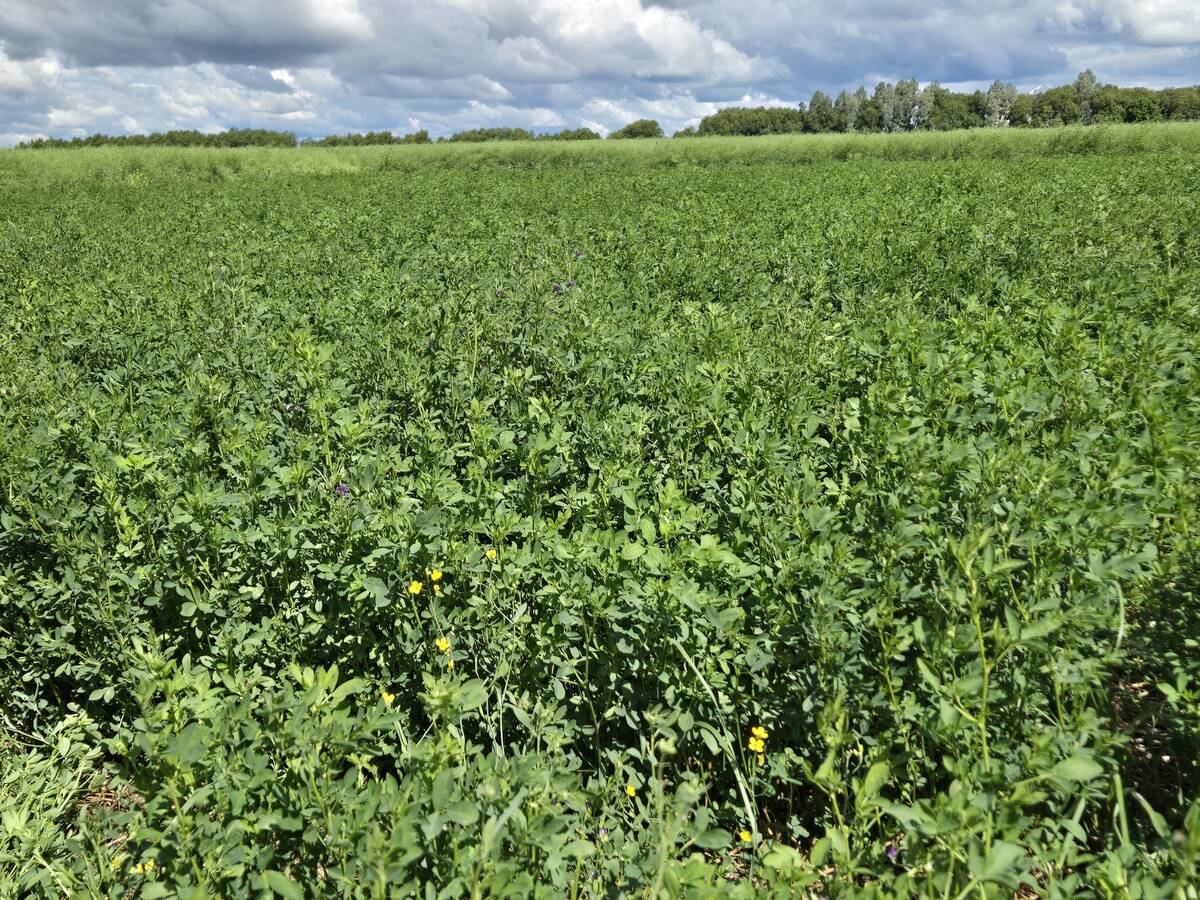American potato growers say the growth of Western Canada’s potato industry is happening at a direct cost to them.
Over the past decade, makers of processed potato products have been expanding their presence on the Prairies, particularly in Alberta and Manitoba.
Large processing plants, like the one Simplot is building at Portage la Prairie, Man., give growers in Western Canada an opportunity to add more potato acres.
Keith Esplin, executive director for Potato Growers of Idaho, has been watching the expansion in Canada. As that trend continues, growers in his state are going out of business.
Read Also

Manitoba Parkland research station grapples with dry year
Drought conditions in northwestern Manitoba have forced researchers at the Parkland Crop Diversification Foundation to terminate some projects and reseed others.
He said growers in Idaho are seeing fewer acres contracted to supply the processed potato market. It was a trend that started 10 years ago, and has continued to deepen.
“As long as our countries continue pushing free trade, there’s not a lot we can do to stop it.”
Charles Plummer, an analyst of the economic research arm of the United States Department of Agriculture, speculated that the lower value of the Canadian loonie against the U.S. dollar was one incentive for processing giants like Simplot to expand in Canada.
But Bill Moons, Manitoba Agriculture potato specialist, said there are other factors.
He suggested a greater consideration for Simplot when it chose to build at Portage was the proximity to its eastern customers. The province and city of Portage also presented an inviting business atmosphere, he said.
Wayne Thiessen, bargaining co-ordinator for the South Idaho Potato Co-op, said the U.S. now imports more frozen processed potatoes than it exports. The imports are almost all from Canada.
In the U.S., processing plants are reducing hours of operation, Thiessen said, and plant shutdowns have started. Part of that is in response to weaker demand for processed potatoes, he said, but it also is due to increased production in Canada.
Planting potatoes for the fresh market is one alternative for growers who encounter cuts to their contracts for processing product. But as growers in states like Idaho and Washington shift in that direction, it puts pressure on the prices for fresh market potatoes, Thiessen said.
















